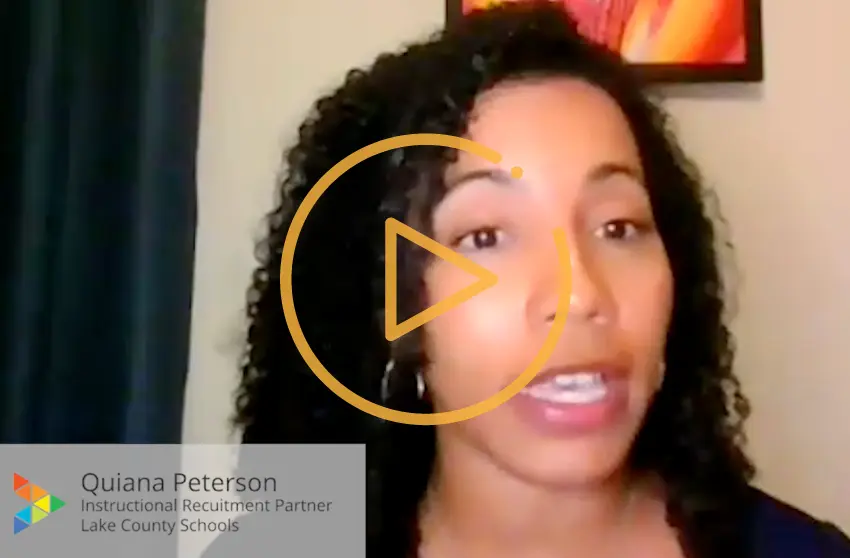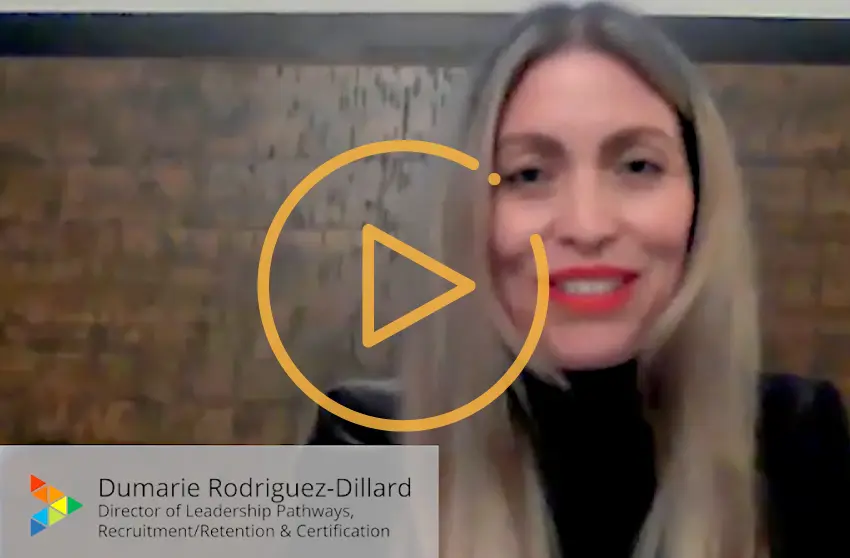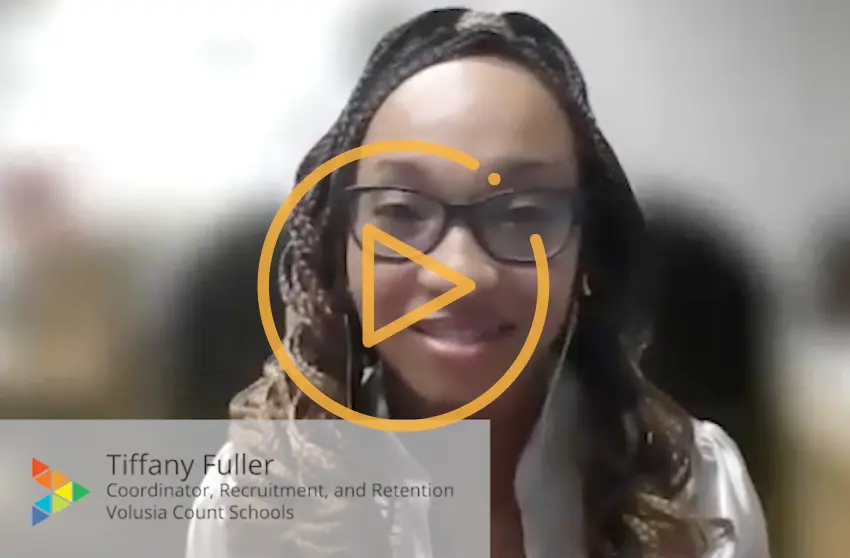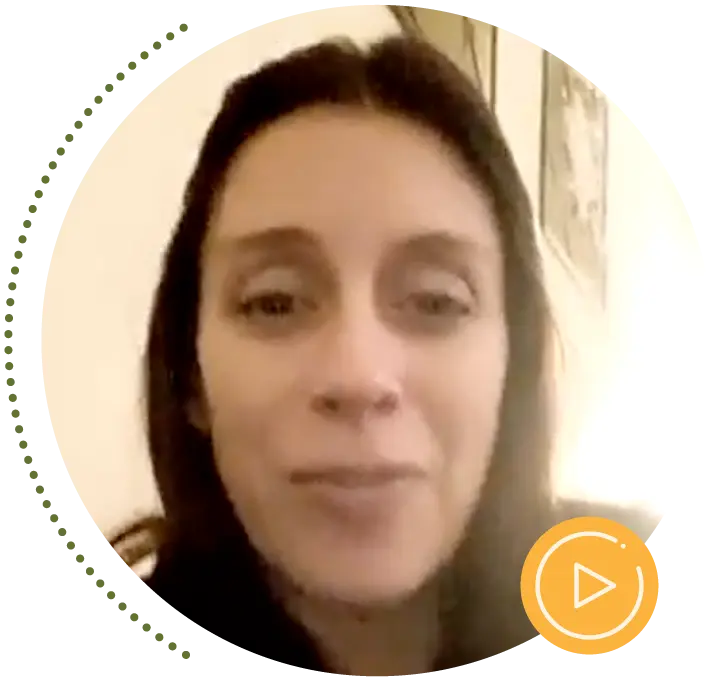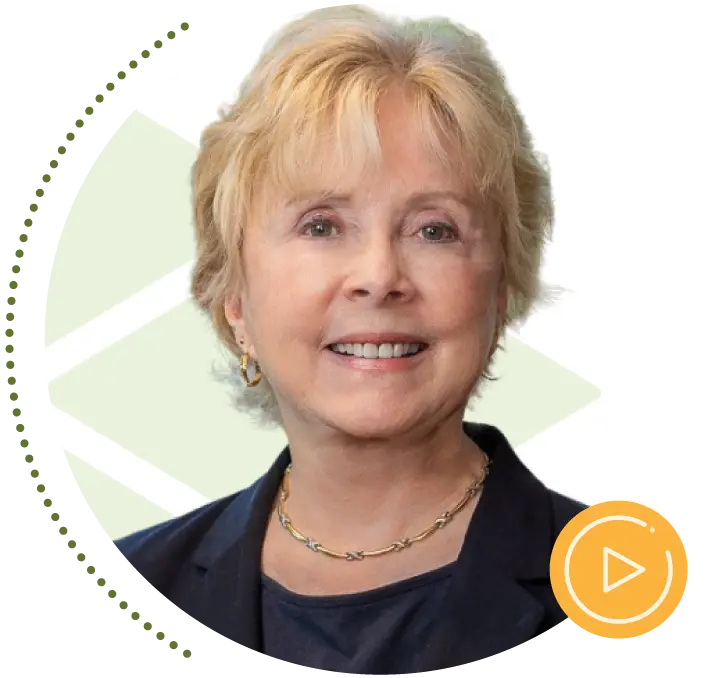Become a Florida Teacher
with Moreland University
Step into a rewarding career as an educator in Florida, a state with some of the largest school systems and a myriad of perks for teachers. Discover the joys of teaching in Florida, how to become a Florida teacher, and ways to power up your teaching career.
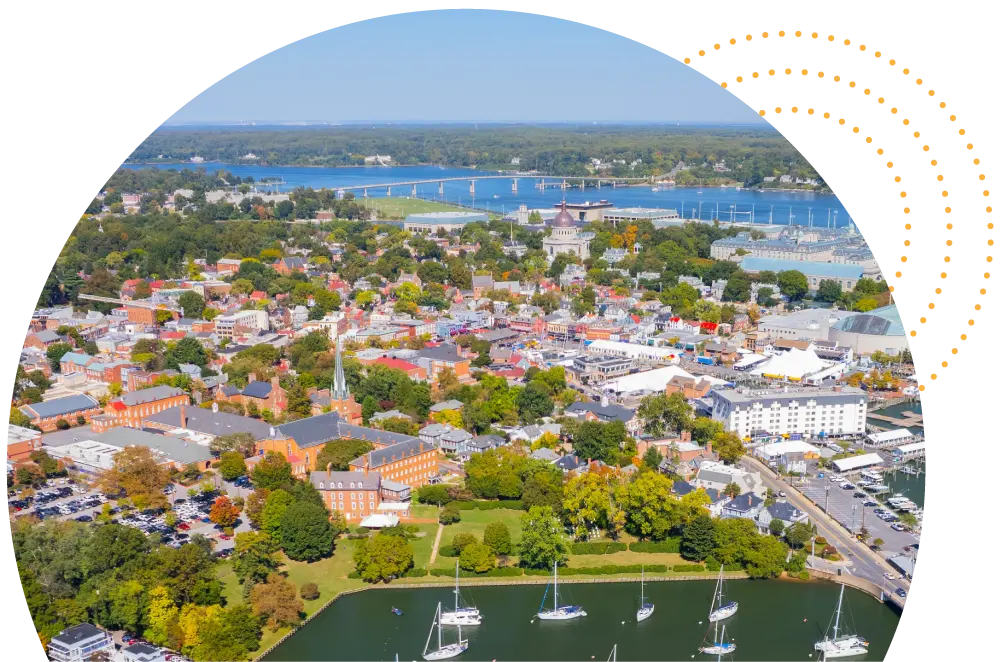
Explore this page:
Florida
Info Sessions
Florida
District
Partners
Teach in
Florida
Certification
Steps in
Florida
Moreland
Pathway for
Florida
Florida
Resources
Florida FAQs
Join a Florida Info Session
Calendar of Events
M Mon
T Tue
W Wed
T Thu
F Fri
S Sat
S Sun
0 events,
0 events,
0 events,
0 events,
0 events,
0 events,
0 events,
0 events,
0 events,
0 events,
0 events,
0 events,
0 events,
0 events,
0 events,
0 events,
0 events,
0 events,
0 events,
0 events,
0 events,
0 events,
0 events,
0 events,
0 events,
0 events,
0 events,
0 events,
0 events,
0 events,
0 events,
0 events,
0 events,
Join one of our live information sessions to discover how Moreland University can help you become a successful and certified teacher in Florida.

There’s never been a better time
to become a teacher in Florida.
Florida takes pride in its education
With 67 traditional districts and 7 special districts collectively containing 3,319 traditional public schools and 723 public charter schools to educate 2.8+ million students, Florida takes education seriously. ¹
Home to 7 of the 25 largest school districts in the US
Florida boasts 7 of the 25 largest U.S. school districts, including 5 in the top 10: Miami-Dade County Public Schools, Broward County Public Schools, Hillsborough County Public Schools, Orange County Public Schools, and Palm Beach County School District. ²
Ranked #1 in education
In 2023, the Best States ranking from U.S. News placed Florida as the nation’s top state for education. ³
Strong teacher starting salary
In 2023, the NEA reported Florida’s average teacher starting salary is $45,171 — ranking 16th in the nation. ⁴
Proudly diverse community
The 2023-2024 student population in Florida is 37.2% Hispanic, 34.4% White, 20.9% Black, 4.2% two or more races, and 2.9% Asian. Additionally, 11.7% are English Language Learners (ELL), and 15.4% are students with a disability. ⁵
Teacher opportunities abound
With over 175k teachers employed in the state, there is consistent demand and opportunities for qualified educators in Florida. ¹
Sources: ¹ 2022-2023 Florida Report Card ² Niche – 2024 largest school districts ³ U.S. News – Best States – Education ⁴ National Education Association
⁵ Florida Department of Education – Student Enrollments
Our Florida District Partners
Moreland University partners with school districts across Florida to support teachers through certification and
continuing education programs.



Don’t see your district above? Not currently working in a school district?
No worries! We can still help you achieve teaching certification and success in Florida. Keep scrolling to discover the Moreland University difference for Florida teachers.
What Florida District Leaders are Saying
“Florida specifically has so many opportunities, and it’s such a prime time because we still have so much growth. I think all of us can say within the last several years how many new schools we’ve opened and how many new staff members we’ve added to schools and districts. This is such a great time to be in education because the possibilities are endless, and there’s so much opportunity for leadership and growth in various positions that didn’t even exist several years ago. We’re growing at such a rapid pace in this state. We’re fortunate to be in education and have so many options available to us.”
Quiana Peterson
Instructional Recruitment Partner
Lake County Schools in Florida
“It’s important for students to be able to see themselves in their teachers. It’s pivotal for us to be able to recruit and bring in teachers that can inspire students from all areas. There are so many different pathways to enter our profession, and we’re looking for people with bachelor’s degrees that didn’t necessarily go to school to be teachers. Not that we don’t want people who went to school to be teachers, of course, but we also want people that come from unique backgrounds. Kids have to look at their teachers and say, ‘Oh, that looks like me! I can do that! Oh, that’s another way of seeing the world.’ So, we need people from all over and all different types of industry to really consider ‘what kind of gifts do I have?”
Dumarie Rodriguez-Dillard
Director of Leadership Pathways, Recruitment/Retention
& Certification
Seminole County Public Schools in Florida
“We talk about that real-world application. So many teachers in schools are always looking at that project-based learning and those real-world applications within the lesson plan. That diversity of background experience gives such additional credence and credibility to students in the classroom when the lesson lives off that page. Those teachers that come into teaching from a previous background, that real-world application they bring to the lesson plan is so rich and draws so many great connections for our students.”
Tiffany Fuller
Coordinator, Recruitment and Retention
Volusia County Schools
“Educators have such a heart for kids and their colleagues, and you don’t really know that until you enter the profession. So, if you have any reservations about what that’s like or thinking ‘I don’t want to fail,’ I promise you you’ll have to try hard to fail. There are no bigger hearts in the world than educators. They come together for each other. Our administrators work really hard with our new teachers, especially with so many more career changers. So there are things in place. You’ll know in a moment when you’re on campus if it’s meant to be, and you’ll feel connected to the people there.”
Quiana Peterson
Instructional Recruitment Partner
Lake County Schools in Florida
“We teach because we know we can make a difference in the lives of children. In Florida, we really do take care of our teachers. Teacher voice is very much something we listen to; it’s something we
nourish. We do that by making sure our teachers work together, get to look at the curriculum frameworks, get to look at the benchmarks, and make the decisions as to how we’re going to teach. We know teaching is both an art and a science, and we believe the science of teaching is something that we learn and programs like Moreland can offer. But the art of teaching is something we want to nourish within our teachers.”
Dumarie Rodriguez-Dillard
Director of Leadership Pathways, Recruitment/Retention & Certification
Seminole County Public Schools in Florida
“Sometimes people make the assumption that there’s a cookie-cutter background they have to match. The worst thing they can do is discount their own experiences. A lot of times when we talk to career changers about their perspectives and what they’re interested in teaching, they ask me about background. Does it match? It doesn’t have to match. You have to have a passion for kids — a desire to leave a legacy with them and to impact the next generation. Cause day in and day out you’ll have some rough days, but that passion is there. The background is secondary to your passion.”
Quiana Peterson
Instructional Recruitment Partner
Lake County Schools in Florida
“Teacher leadership and teacher voice are really paramount, and so we really look to honor and showcase our teacher leaders in our district. We believe that to be a leader doesn’t mean that you always have to leave your classroom. We showcase a lot of different opportunities for our teachers to lead without leaving [the classroom], and that’s really important work for us. So, for those thinking about why teach? I always say, why not? There is so much you get out of this profession beyond just what you get into it. You get so much out of it.”
Tiffany Fuller
Coordinator, Recruitment and Retention
Volusia County Schools
Navigating Florida Teaching Certification Requirements
Curious about what it takes to become a certified teacher in Florida? Our comprehensive guide breaks down the key requirements you’ll need to meet to get your Florida teaching certification:
General Requirements
Learn the essential steps to certification — from obtaining your official SOE to completing an EPI program all the way to applying for your Florida teacher certification.
Testing Requirements
Understand the Florida Teacher Certification Examinations (FTCE), which typically includes the General Knowledge Test, subject area exams, and the PET.
Teacher Education Requirements
Discover the certification pathways available to aspiring Florida teachers — whether you have a bachelor’s degree in education or another field.
Discover your path to teacher certification in Florida.
Download this comprehensive guide to get a streamlined view of what it takes to become a certified teacher in Florida.
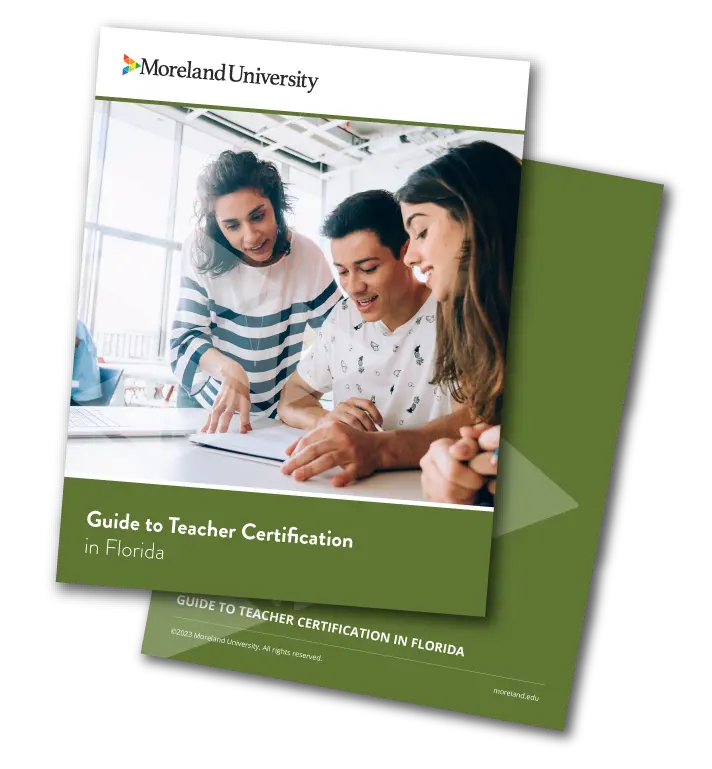
Why Florida Educators Choose Moreland University
Our high-quality programs designed with a unique cohort model ignite innovation and collaboration among instructors
and fellow educators from around the world — equipping you with the knowledge, network, and skills to thrive as a
Florida teacher.
Affordable & flexible
programs
100% online
Global minded &
rigorous
Innovative &
collaborative
Which Moreland pathway will you choose?
TEACH-NOW Teacher Preparation Certificate
Program
Moreland’s nine-month online teacher preparation certificate program helps you gain a 360-degree understanding of teaching and empowers you for teaching success in Florida.
Why choose Moreland’s online TEACH-NOW program:
- Completable in 9 months
- 100% online with synchronous and asynchronous
engagement - Global cohort model
- Affordable tuition with payment plans and financing options
- Monthly start dates
- Suitable for current and aspiring educators around the world
- Option to add on an M.Ed. through Moreland University
Master’s in Education (M.Ed.) program with teaching credential
Another pathway to certification in Florida is our online M.Ed. with teaching credential, which can be completed in 12 months — helping you level up your teaching career.
Why choose Moreland’s online M.Ed. program:
- Completable in 12 months
- 100% online with synchronous and asynchronous engagement
- 6 specializations in impactful fields
- Global cohort model
- Affordable tuition with payment plans and financing options
- Multiple start dates each year
- Suitable for current and aspiring educators around the world
Need help deciding? Our admissions representatives are happy to chat 1:1 about your specific goals, interests, and needs — including financing options via Sallie Mae.
Moreland University can help you thrive — but you don’t have to just take our word for it.
See what U.S. educators have to say about Moreland University:
“What I loved most about Moreland University was that they were very flexible, and the instructors were very supportive and very informative. Whenever I had questions, they were available and would respond…almost immediately. And they were very clear when they answered the question. It was such a great program to be a part of, especially when I was working full time as a teacher both when I got my certification and when I did the master’s add-on.”
Carisa Frisby
Arizona educator
M.Ed. Educational Research with Certificate graduate, 2021
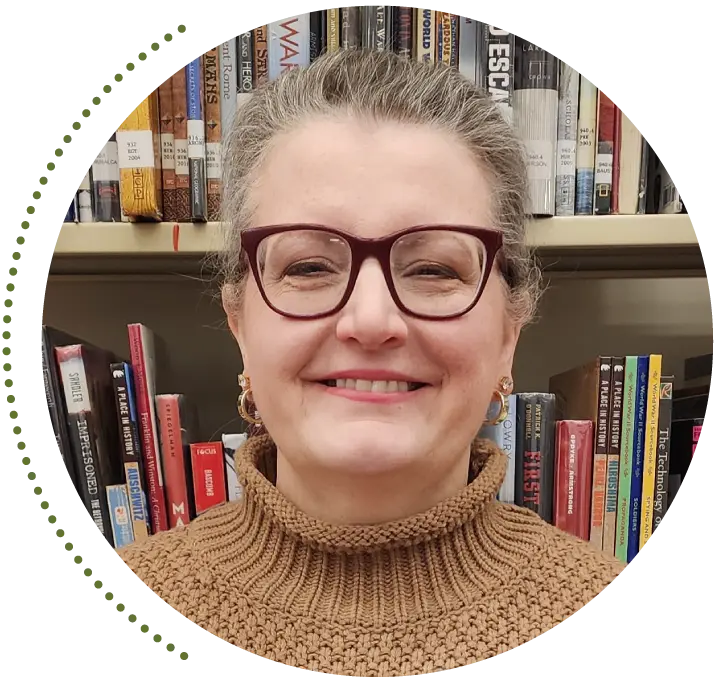
“Moreland University’s programs, the instructors and staff, will work with a student when “life happens” as they understand that we are all balancing demanding careers, certification and/or master’s work and family needs as we complete our studies. The convenience was one of the major factors that attracted me to Moreland University, as well as the small cohort size, quality of instructors, not to mention the affordability. I changed careers after retiring early and I am very happy with the education that I have received, particularly as it relates to technology in the classroom. I am a better teacher, and more than qualified, as a result of Moreland University’s array of programs and degrees.”
Beth Gambrell
U.S. educator
TEACH-NOW graduate, 2023

“It is very accessible yet teaches hands-on practical things to future-teachers. I also made wonderful friends around the world in my cohort.”
Duo Chen
Maryland educator
TEACH-NOW graduate, 2022
“The classroom has totally changed since I was a kid. All the technology, software, and tools available! I wanted to learn about that. Also, I wanted guidance on classroom management…The main appeal for me was that you can be anywhere in the world and take the classes and do the curriculum with Moreland University.”
Janie Mabe
Virginia educator
TEACH-NOW graduate, 2022
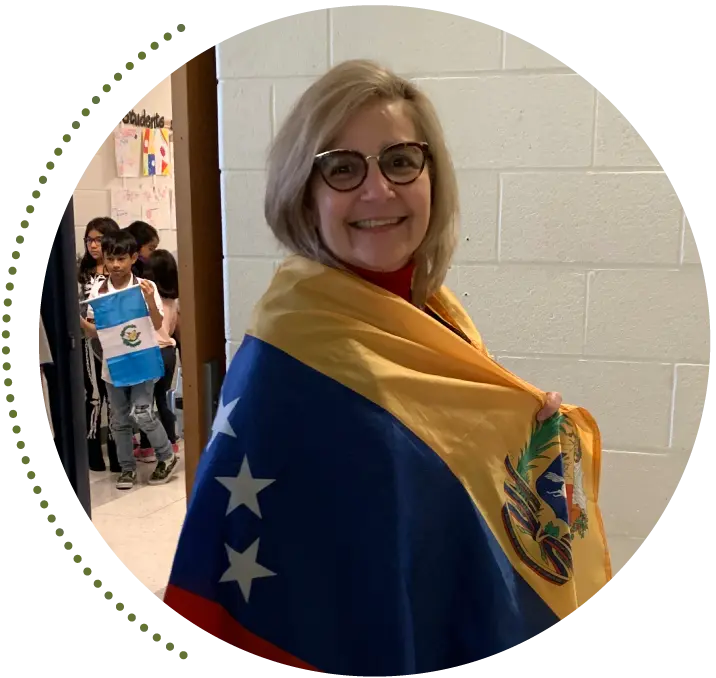
“What I like most about Moreland University is the ease of being able to connect online and having knowledgeable professors that constantly support you. Especially when English is your second language, and it is not easy for you to express yourself widely.”
Brenda Guerrero de Deniz
Maryland educator
TEACH-NOW graduate, 2023

“As a graduate student at Moreland University, I benefit from the high-quality academic programs and rigorous standards of education. My instructors are renowned for their expertise, dedication to teaching, and commitment to fostering an engaging learning environment. My cohort provides a supportive and collaborative platform.”
Elizabeth Rakis
Maryland educator
TEACH-NOW graduate, 2024
More Resources for Florida Educators

ON-DEMAND WEBINAR
From Aspiring to Certified: Find Your Path to Become a Florida Teacher in 2024

BLOG
Your Step-by-Step Guide to Become a Florida Teacher in 2024

INFOGRAPHIC
10 Benefits of Teaching in Florida

GUIDE
Guide to Teacher Certification in Florida

INFOGRAPHIC
8 Steps to Become a Certified Teacher in Florida

BLOG
How Moreland University Prepares You to Become a Certified Teacher in Florida
You Might Be Wondering
You’ve got questions about becoming a certified teacher in Florida, and we’ve got answers!
How do I become a Florida teacher?
To become a teacher in Florida, you’ll typically need to earn a bachelor’s degree from an accredited institution, preferably in education or the subject area you want to teach. From there, you’ll need to submit a completed application package to the Bureau of Educator Certification and obtain an official Statement of Status of Eligibility (SOE), which will let you know if you’re eligible for a certificate in the area(s) you requested. Once you’re found eligible, you’ll need to complete a state-approved educator preparation institute (EPI) program (like Moreland University’s nine-month TEACH-NOW Teacher Preparation Certificate Program), pass the required exams (such as the Florida Teacher Certification Examinations (FTCE)), and undergo a background check. Then you can apply for certification through the Florida Department of Education.
Specific requirements for Florida certification can vary. If you have questions about the process of getting your teaching certification in Florida, Moreland University admissions representatives would be happy to chat. Give us a call at
1(844) 283-2246 or email us at admissions@moreland.edu.
Do I need a teaching certification to teach in Florida?
Yes, in most cases, you do need a teaching certification to teach in Florida. Certification ensures that teachers meet certain standards of education, testing, and background checks required by the state.
However, there are some exceptions and alternative routes to certification that may be available. For example, if you have a bachelor’s degree in a subject area but not in education, you may be able to pursue alternative certification programs that allow you to become certified while teaching under a temporary or provisional license.
Additionally, Florida offers temporary certificates for individuals working toward certification while teaching in the classroom. It’s essential to check with the Florida Department of Education or the specific school district where you intend to teach for the most accurate and up-to-date information on certification requirements and alternative pathways.
What are the requirements for Florida teacher certification?
The specific requirements for teacher certification in Florida can vary depending on factors such as the type of certification you’re seeking (e.g., elementary, secondary, special education) and any changes in state regulations. Generally, though, Florida teachers must meet the following requirements:
✓ Hold a bachelor’s degree from an accredited college or university
✓ Obtain an official Statement of Eligibility (SOE) from the Bureau of Educator Certification, which determines your eligibility for teacher certification in the requested areas
✓ Complete a state-approved educator preparation institute (EPI) program, such as Moreland University’s TEACH-NOW program
✓ Complete other requirements outlined in your SOE which may be unique to your teaching pursuits
✓ Pass the required educator certification exams, which often includes the Florida Teacher Certification Examinations (FTCE) or the Florida Educational Leadership Examination (FELE) as well as other exams that may be based on the grade level and subject area you wish to teach
✓ Pass a criminal background check
✓ Depending on the specific certification you’re pursuing, there may be additional requirements, such as coursework in specific areas or completion of a master’s degree
It’s essential to regularly check the Florida Department of Education website or contact them directly for the most current and detailed information on certification requirements and any changes to the process.
If you have further questions about the requirements for getting your teaching license in Florida, Moreland University admissions representatives would be happy to chat more. Give us a call at 1(844) 283-2246 or email us at admissions@moreland.edu.
What are the steps to get a teaching certification in Florida?
To obtain a teaching certification in Florida, you typically need to follow these steps:
1. Earn a bachelor’s degree: Obtain a bachelor’s degree from an accredited college or university, ideally in education or a subject area relevant to the grade level and subject you want to teach.
2. Obtain an official Status of Eligibility (SOE): Submit a completed application package to the Bureau of Educator Certification to receive an official SOE that states your eligibility for teacher certification in the requested areas and steps to achieve full certification.
3. Complete an educator preparation institute (EPI) program: Enroll in and complete a state-approved educator preparation institute (EPI) program, like Moreland University’s TEACH-NOW online teacher preparation program.
4. Complete other eligibility requirements: Dependent on the areas of certification you are pursuing, there may be additional steps outlined in your SOE. It’s important to complete all the steps outlined in your SOE to get your full teacher certification in Florida.
5. Pass the Florida Teacher Certification Examinations (FTCE): Take and pass the required exams, which include subject area exams, professional education exams, and general knowledge exams.
6. Undergo a background check: Complete a criminal background check as part of the certification process. This is necessary to ensure the safety of students, teachers, and staff.
7. Apply for and receive your Florida teacher certification: Submit an application for certification to the Florida Department of Education. You’ll need to provide transcripts, your SOE, exam scores, proof of completion of a state-approved EPI, and any other required documentation — along with the required application fee.
Throughout this process, it’s important to stay informed about any updates or changes to certification requirements and procedures by regularly checking the Florida Department of Education website or contacting them directly for assistance.
How do I maintain my Florida teaching certification?
To maintain your Florida teaching certification, you typically need to fulfill certain requirements for renewal. Here are the typical steps to maintain your Florida teaching certification:
- Renewal Period: Florida teaching certificates are typically valid for five years. You need to renew your certificate before it expires to continue teaching in the state.
- Continuing education and Professional Development: As part of the renewal process, you’ll need to earn six semester hours of college credit. At least one of these credit hours needs to be in teaching students with disabilities. Alternatively, you can earn inservice points in an approved Florida master inservice program. According to FLDOE, 20 inservice points are equal to 1 semester hour of college credit. You’ll want to refer to FLDOE for the most up-to-date information on continuing education requirements and acceptable professional development activities.
- Documentation: Keep records of your professional development activities and documentation of completion. You may need to submit this documentation as part of the renewal process.
- Renewal Application: Submit a renewal application to the Florida Department of Education before your certificate expires. This typically involves completing an online application and paying a renewal fee.
- Background Check: Depending on the type of certification, you may need to undergo a background check as part of the renewal process.
- Stay Informed: Regularly check the Florida Department of Education website for updates on renewal requirements and procedures to ensure compliance.
By fulfilling these requirements and staying current with professional development opportunities, you can maintain your Florida teaching certification and continue your career as an educator in the state.
How long does it take to become a certified teacher in Florida?
The timeline to become a certified teacher in Florida can vary depending on several factors, including your educational background, the specific certification pathway you choose, and the time it takes to complete required exams and training programs.
A typical timeline for teacher certification in Florida typically starts with obtaining a bachelor’s degree — which usually takes four years of full-time study to complete.
To determine your eligibility for teacher certification in Florida, you’ll need to apply for and obtain an official Status of Eligibility (SOE) from the Bureau of Educator Certification, which can take 90 days to review. The SOE is valid for three years, giving you time to complete the listed requirements for full certification before the SOE expiration date.
Once you have your SOE, you’ll need to complete a state-approved educator preparation institute (EPI) program, which can take a few months to a few years. Choosing an alternative pathway to certification often shortens the timeline. For example, Moreland University’s TEACH-NOW program — offered 100% online — takes only 9 months to complete.
Then you’ll need to complete other eligibility requirements outlined in your SOE, pass the required exams (such as the Florida Teacher Certification Examinations (FTCE)), and pass a background check before applying for and obtaining your Florida teaching license. The time for these steps can vary greatly, but it typically takes 30 days to process your background check and 30 days to be issued your Florida teacher certification once all your materials (including cleared background check records) have been received.
How much do Florida teachers make?
Florida teachers’ salaries can depend on multiple factors, including experience, education, subject area, grade level, and school district. In 2023, the National Education Association reported that Florida teachers make an average of $51,230 per year. Additionally, 2022 Bureau of Labor Statistics put Florida teachers’ median pay at around $60,000 per year, and K-12 special education teachers’ average salary between $57,780 and $66,220. The BLS also reported:
- Kindergarten teachers in Florida make an average of $58,990
- Elementary school teachers in Florida make an average of $59,240
- Middle school teachers in Florida make an average of $58,700
- High school teachers in Florida make an average of $63,470
It’s worth noting these salaries typically reflect ~10 months of work as teachers have the summer off as well as some time off during the school year. Those who pursue a master’s in education (M.Ed.) can often make even more money while increasing their career trajectory.
How much money can I make starting out as a Florida teacher?
Starting salaries for new teachers in Florida can vary depending on factors such as the school district, education level, teaching experience, subject area, and grade level. In 2023, the National Education Association found Florida’s average teacher starting salary is $45,171 — ranking 16th in the nation. This is typically for ~10 months of work as teachers get the summer and time during the year off.
Why should I choose Moreland University as a Florida educator?
There are many reasons Moreland University is a great option for current and aspiring educators in Florida.
Moreland University is accredited, ensuring our programs meet high standards of quality and are recognized by employers and state education agencies. Moreland University also has a strong reputation within Florida, the broader United States, and internationally for producing highly qualified educators — providing you credibility in the field.
Additionally, Moreland University offers a supportive online learning environment for current and aspiring Florida teachers. With monthly start dates, experienced faculty, and expert support across the entire certification journey, Moreland University is a flexible and effective pathway to get your teaching certification in Florida or uplevel your teaching career.
How can I learn more about becoming a certified teacher in Florida?
To learn more about becoming a certified teacher in Florida, aspiring educators can turn to the Florida Department of Education (FLDOE) as a valuable resource. The FLDOE serves as a central hub for navigating teacher certification in the sunshine state, offering comprehensive guidance on the necessary steps, examination requirements, and more.
Through the FLDOE website, candidates can access a wealth of information, including details on certification pathways and application procedures. And, if you’re pursuing an alternative pathway to teacher certification in Florida, you can also find information on state-approved educator preparation institute programs like Moreland University’s TEACH-NOW program.
If you have questions about the teacher certification process in Florida, Moreland University admissions representatives would be happy to chat. Give us a call at 1 (844) 283-2246 or email us at admissions@moreland.edu.
Have a different question? We’d be happy to chat through your questions, goals, and needs. Request more information, and one of our admissions representatives will reach out.
Accreditations
We take great pride in being pioneers of online global teacher education and helping our candidates and alumni thrive.

Distance Education Accrediting Commission
Accredited by the Distance Education Accrediting Commission. The Distance Education Accrediting Commission is listed by the U.S. Department of Education as a recognized accrediting agency. The Distance Education Accrediting Commission is recognized by the Council for Higher Education Accreditation (CHEA).

Council for the Accreditation of Educator Preparation
CAEP is the principal accrediting body for schools of education in the United States. We were the first online program to be accredited by CAEP.

Take the next step
At Moreland University, we offer flexible programs with monthly cohort start dates, enabling you to apply and enroll at any time.
